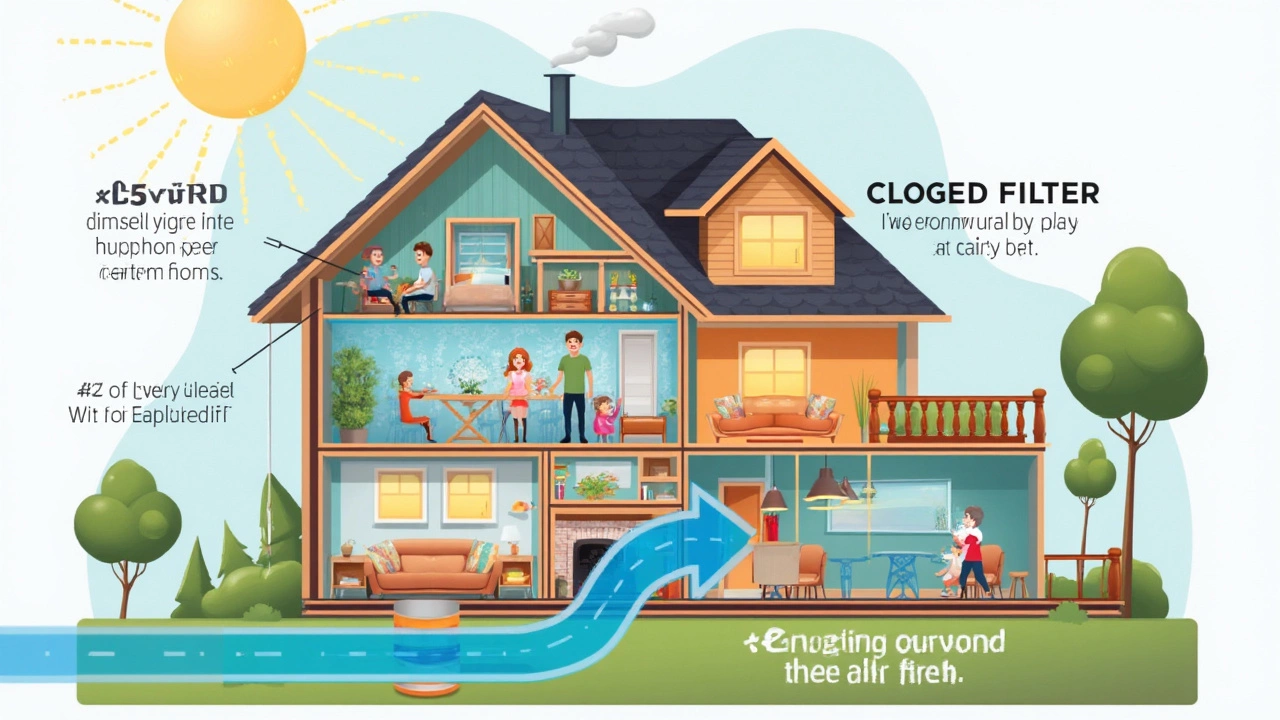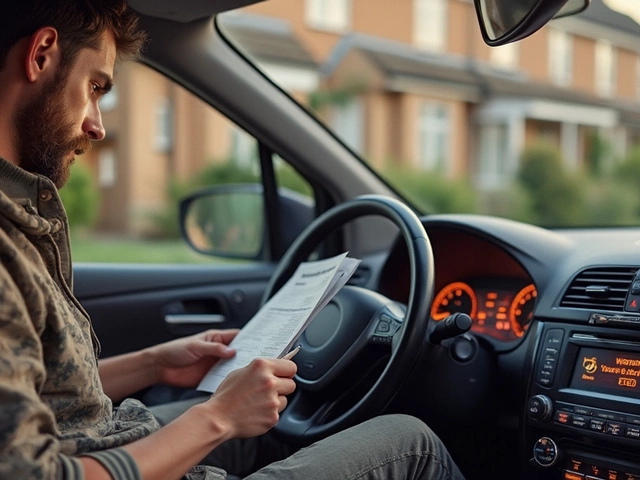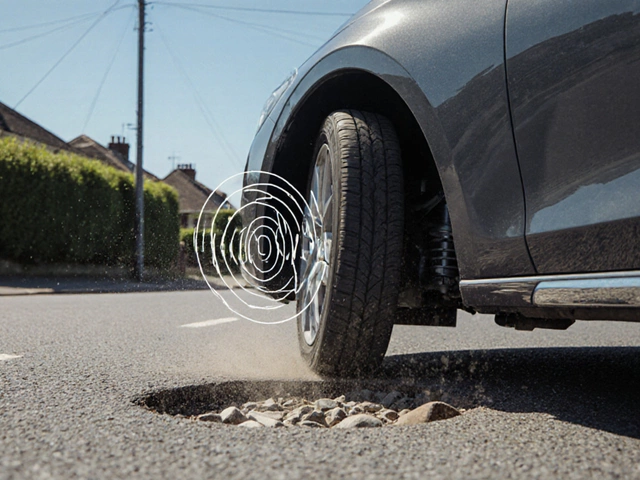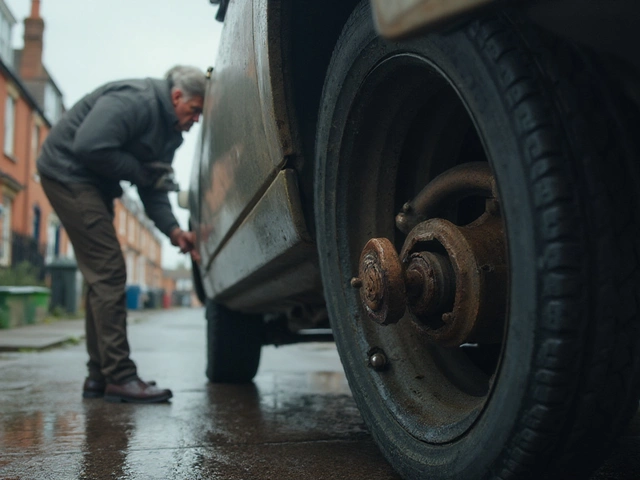Ever forgotten to change your air filter, thinking it can't make that much difference? You're not alone. But that small, dusty rectangle hiding in your HVAC system does a bigger job than most people think. Leave it in too long, and you'll notice your house gets dustier, your allergies flare up, and your energy bill creeps higher month after month.
When an air filter clogs up, it can't trap all the nasty stuff floating around—dust, pet hair, even mold spores. That gunk just keeps cycling through your rooms, getting stuck on furniture, making your space feel stuffy, and sneaking into your lungs. It also forces your air conditioner or furnace to work a lot harder, burning extra energy just to push air through that packed-in filter. That's the kind of stress that can send your HVAC repair guy laughing all the way to the bank.
If you're thinking it's no big deal to skip a filter change, keep reading. There's way more at stake than just a little house dust.
- How a Dirty Air Filter Affects Your Home
- The Impact on Health and Allergies
- Hidden Costs and System Damage
- How Often Should You Actually Change It?
How a Dirty Air Filter Affects Your Home
You might think an air filter just sits there quietly, but when it gets dirty, your whole home feels it. The filter’s main job is to catch dust, pollen, pet hair, and all kinds of little bits floating around. When it clogs up, air can't move like it's supposed to.
First, your heating and cooling system (HVAC) ends up straining to push air through that packed filter. This extra work makes the system less efficient. You might notice your rooms don’t get as cool or as warm as they used to. Sometimes, certain spots in the house start feeling stuffy because air just can’t circulate right. Your fan or AC might seem like it’s running all the time, but not much is happening.
The other big thing? All those particles the filter should catch end up blowing right back into your living spaces. Dust piles up faster on tables and shelves, and that musty smell isn’t just in your head—it’s from clogged particles recirculating through the air. If you have pets, the fur and dander add up fast, especially if you haven’t swapped out the old filter in a while.
Here’s a look at how a dirty air filter can mess with your home’s comfort and costs:
| Issue | Result |
|---|---|
| Poor airflow | Rooms feel stuffy; uneven heating or cooling |
| Dust buildup | Furniture, electronics, and floors get dirty faster |
| Higher energy bills | HVAC runs longer to try to keep up |
| System strain | Parts wear out sooner; more breakdowns |
One thing most folks don’t realize—according to the Department of Energy, swapping out a clogged air filter for a clean one can lower your HVAC’s energy use by 5-15%. That’s money straight back in your wallet.
So, the next time you’re staring at that dusty filter, remember: changing your air filter means a fresher, comfier, and more efficient home for everyone under your roof.
The Impact on Health and Allergies
If your air filter is overdue for a swap, you're not just letting dust settle on your shelves—you're making your own life harder, especially if you or anyone in your home deals with allergies, asthma, or respiratory issues. Here’s the deal: air filters are designed to trap stuff you really don't want floating around, like pollen, pet dander, mold spores, and even bacteria. But when filters are clogged, all of that junk just gets recirculated into the air you breathe every day.
Research from the American College of Allergy, Asthma & Immunology shows that indoor air can be two to five times more polluted than outdoor air if your ventilation is poor or your air filter is ignored. That means your living room might feel more like a city street than the safe space you imagine.
- Allergy symptoms like sneezing, watery eyes, and congestion get worse when dust and pollen aren't caught by a fresh filter.
- Kids and older folks are even more sensitive, since their immune systems aren't always as strong.
- If you have pets, dander builds up quickly, making breathing tough for anyone, especially visitors who aren’t used to your furry friends.
Take a look at these numbers for a quick idea of how much difference a clean filter can make:
| Pollutant | Caught by new filter | Leaks through dirty filter |
|---|---|---|
| Dust mites | Up to 90% | Less than 40% |
| Pollen | 85-95% | 30-50% |
| Mold spores | 80-90% | Below 40% |
| Pet dander | Over 90% | Around 50% |
If you want to keep your air filter working for your health, swap it out at least every three months. Allergy season coming up or a house full of pets? Check it monthly. Breathing easier is totally worth the tiny bit of effort.

Hidden Costs and System Damage
It's easy to forget about your air filter until something goes wrong. But the costs for ignoring it go way beyond just buying a new filter. When you leave a filter dirty, your HVAC system works overtime trying to move air. This constant struggle eats up more energy and cranks up your utility bill—sometimes by 10% or more. The U.S. Department of Energy has even said that a clogged air filter is one of the top reasons for inefficient home heating and cooling.
But that's not where it stops. The extra strain speeds up wear and tear on expensive parts like motors and fans. In some cases, a burned-out blower motor can cost hundreds to fix. It's not rare for people to deal with breakdowns just because the filter got so clogged that it iced up the cooling coils or overheated the furnace.
If you're into numbers, take a look at what can happen if you let air filter problems linger:
| Consequence | Potential Cost | Frequency |
|---|---|---|
| Higher energy bills | $20–$30 more per month | Every month the filter stays clogged |
| HVAC emergency repair | $150–$450 per call | Anytime system overheats or freezes |
| Premature system replacement | $4,000–$8,000+ | Usually 5–8 years earlier than normal |
So, skipping filter changes can turn cheap maintenance into a wallet-busting headache. The worst part? Manufacturers often deny warranty claims if the problem came from poor maintenance. So you end up paying out of pocket.
If you're serious about saving money and keeping your air filter—and your HVAC system—working for the long haul, stick to regular changes. It’s one of those tiny chores that pays off big time down the line.
How Often Should You Actually Change It?
When it comes to your air filter, there’s no magic number that works for every home, but most HVAC pros agree on a general rule of thumb: swap it out every 90 days. But—and this matters a lot—your schedule might need some tweaking depending on a few things going on in your house.
Got pets that shed? Expect to change the filter more often, like every 60 days (or even monthly if you have more than one furry friend). If anyone in your home deals with allergies or asthma, a fresh filter every 30-45 days is the safest bet. Houses with a lot of foot traffic, big families, or smokers may also need to bump up their filter change game.
- Average home (no pets, no allergies): change every 90 days
- With pets: every 60 days, or 30 if you have multiple pets
- People with allergies/asthma: every 30-45 days
- Vacation homes or single-occupancy: every 6-12 months
If you can’t remember when you last swapped your filter, pull it out and take a look. Gray and grimy? Time for a new one. Also, some filters have arrows or white tabs that darken with use—super easy visual cues that remind you when it’s time.
Still not sure? Here’s a quick comparison table to make it easier:
| Home Situation | Recommended Change Interval |
|---|---|
| No pets, no allergies | 90 days |
| One pet | 60 days |
| Multiple pets or allergies | 30-45 days |
| Vacation home or rarely used | 6-12 months |
Mark your calendar, set a phone reminder, or tape a sticky note to your HVAC unit—whatever works to help you remember. Clean air and efficient energy use depend on keeping that filter fresh.




